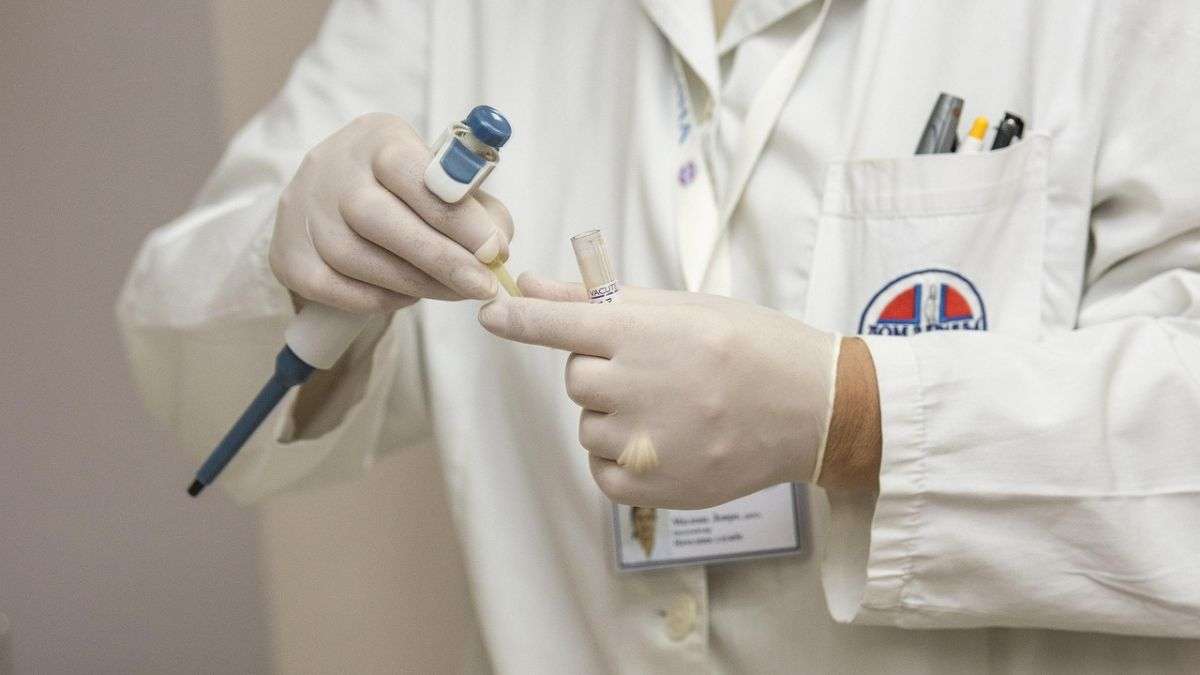Earlier this year, the state government had asked the Maharashtra Medical Council (MMC) to register homoeopaths who finished a one-year Certificate Course in Modern Pharmacology (CCMP). This registration would let them prescribe allopathic drugs in certain situations.
Mumbai:
The Maharashtra chapter of the Indian Medical Association (IMA) has announced a 24-hour strike on September 18. This is in protest against the state government’s decision to allow homoeopathic doctors, who have completed a certificate course in modern pharmacology, to register and prescribe allopathic medicines.
Dr Santosh Kadam, the president of IMA Maharashtra, said that nearly 1.8 lakh allopathic doctors from across the state will join the strike.
Earlier this year, the state government had asked the Maharashtra Medical Council (MMC) to register homoeopaths who finished a one-year Certificate Course in Modern Pharmacology (CCMP). This registration would let them prescribe allopathic drugs in certain situations.
State govt issues resolution
A new government resolution (GR) issued on September 5 confirmed this move, which has angered many allopathic doctors.
“Our representatives met the chief minister on Wednesday and gave him a memorandum of our grievances. We are going ahead with the 24-hour strike, which will begin from 8 am on September 18. All doctors, students from government and private hospitals from across the state will participate in this strike,” PTI quoted Kadam as saying.
The emergency services will, however, remain operational.
The IMA has sought immediate withdrawal of the September 5 order by the state government.
FAIMA announces nation-wide protest
Dr Akshay Dongardive, President of the Federation of All India Medical Associations, has cautioned that doctors across the country may start a nationwide protest, even taking to the streets, if the government does not reverse its decision. He said they will also inform the public about the potential “risks” involved in the government’s decision.
Earlier, the Maharashtra branch of the Indian Medical Association (IMA) had written to the Chief Minister, expressing strong concerns over the decision. They stated that the move could allow individuals without proper training to treat patients, leading to possible misdiagnosis, harmful side effects, antibiotic resistance, and even deaths, particularly in rural areas.

